Leaked Letter Stirs Debate on Challenges Faced by Women Officers in Indian Army
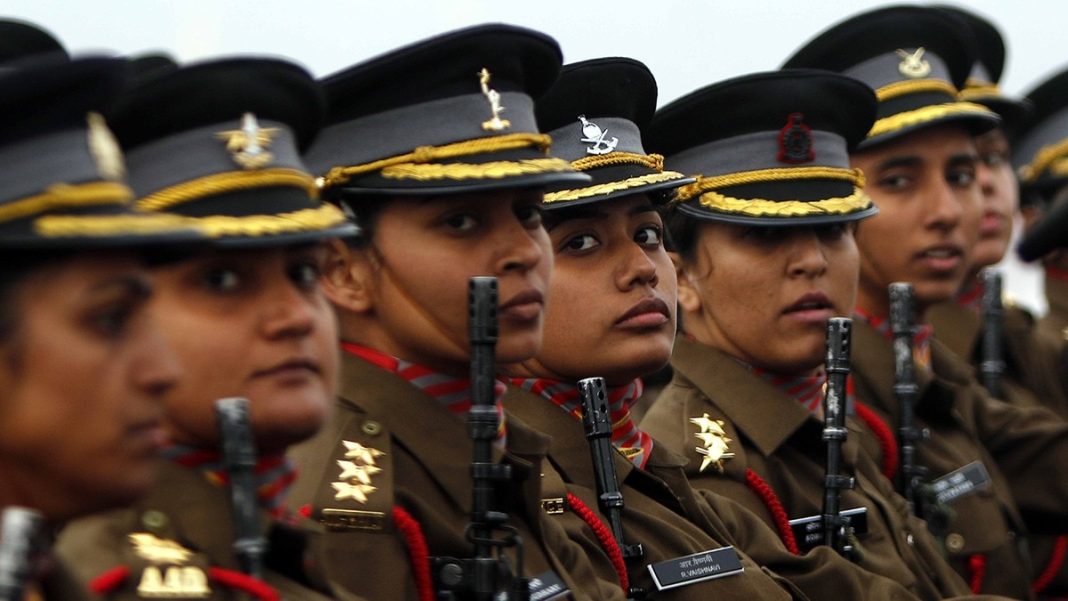
A recently leaked letter from Lieutenant General Rajeev Puri, formerly commanding officer of the Panagarh-based 17 Mountain Strike Corps, has ignited a significant debate regarding the integration of women officers into the Indian Army, especially in commanding roles. The five-page correspondence, addressed to Lt Gen. Ram Chander Tiwari, general officer commanding-in-chief of the Eastern Command, highlighted several challenges faced by women officers during their command tenure, sparking both support and criticism from various quarters.
In the letter dated October 1, 2024, Lt Gen. Puri shared findings from an in-house review concerning the performance of eight women officers at the colonel rank. He raised “serious concerns” about what he described as “mundane ego issues” and a “lack of empathy” among these officers, which he identified as problematic for effective leadership. The letter comes at a time when the Indian military is navigating the complexities of gender integration following a landmark Supreme Court ruling in 2020, that granted women officers the eligibility for permanent commissions and command postings.
In 2023, in compliance with the Supreme Court’s directive, the army promoted its first cohort of women officers to colonel rank, a position characterized not just by authority but by the opportunity to engage closely with troops on the ground. This development was intended to foster gender parity in a traditionally male-dominated institution.
However, Lt Gen. Puri’s observations have been met with diverse reactions. While some have lauded his frank assessment as a necessary acknowledgment of existing issues, others have condemned the leak, arguing that it undermines the privacy of military correspondence. A military source emphasized that Puri’s views did not represent the entire Indian Army, clarifying that the letter’s intent was to elicit corrective measures for future challenges rather than serving as a critique of women’s capabilities.
Critics of the letter contend that the challenges cited by Lt Gen. Puri should be viewed as “teething issues” rather than reflections of incompetence. An officer familiar with the situation stated that the women officers’ difficulties stemmed from gaps in their initial military training rather than a failure in their skillsets. This sentiment echoed the experiences of officers who noted that those who entered under the Short Service Commission were not adequately prepared for command roles, leading to a lack of on-the-job learning as responsibilities expanded.
In his correspondence, Lt Gen. Puri specifically noted that many colonel-ranked women officers exhibited a “my way or highway kind of approach” and lacked the necessary training that typically equips officers for leadership. He also pointed to instances wherein women officers appeared to seek personal privileges, prioritizing comfort over unit welfare, which he claimed was less commonly seen among their male counterparts.
Puri suggested the implementation of a gender-neutral policy for postings and selection processes, enhanced training for instructors to mitigate biases, and a reevaluation of spouse coordination policies rooted in empathy. He called for measures to counteract tokenism that could arise from the symbolic empowerment of women officers.
While his comments have sparked backlash, they also underscore significant structural hurdles that the army faces as it attempts to align with the principles of gender equality. Critics argue that many of the observations raised by Lt Gen. Puri are a result of legacy training deficiencies rather than an indictment of the competencies of women officers. The ambiguity surrounding the leak itself, and the subsequent discussions it has triggered, highlight the ongoing complexities of integrating women into higher echelons of military leadership in India.



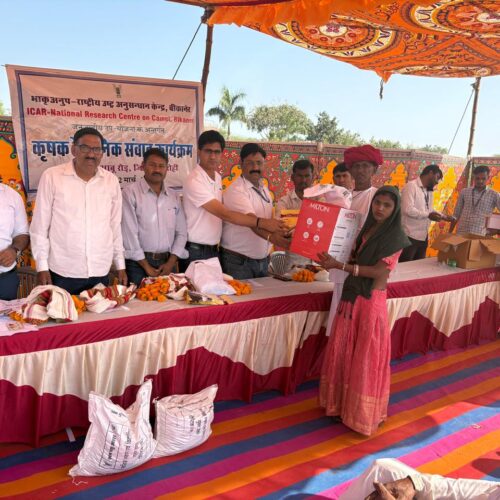
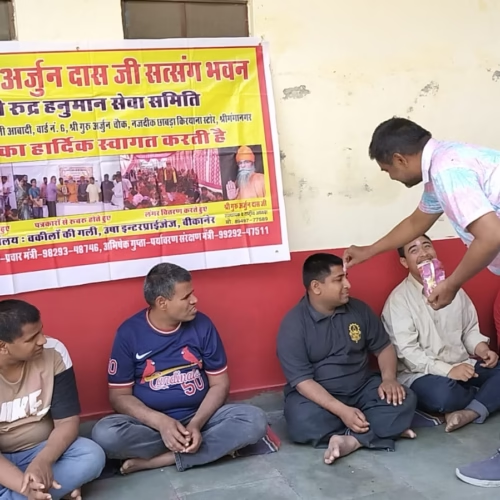
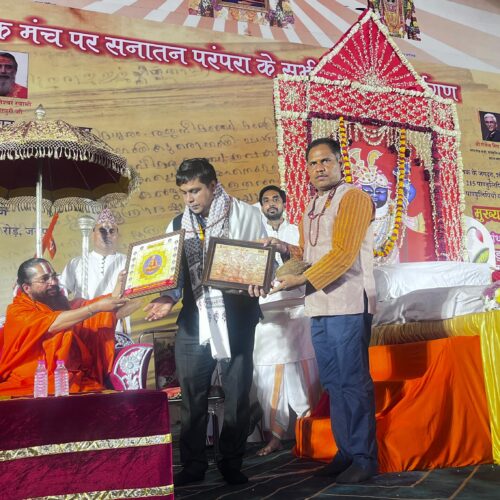
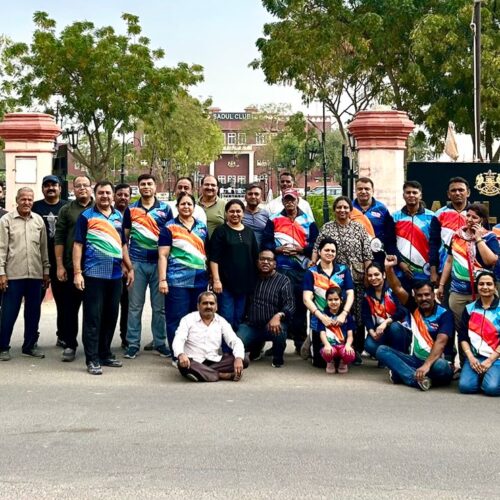
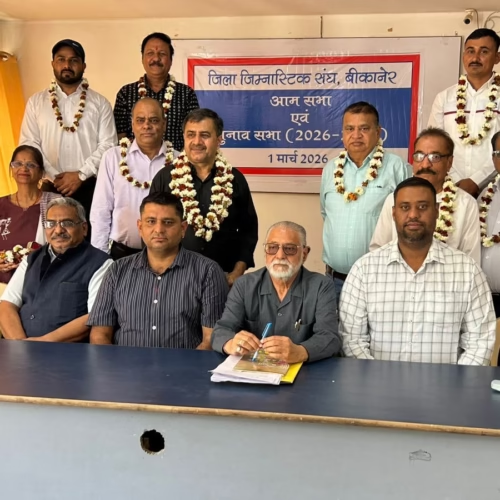
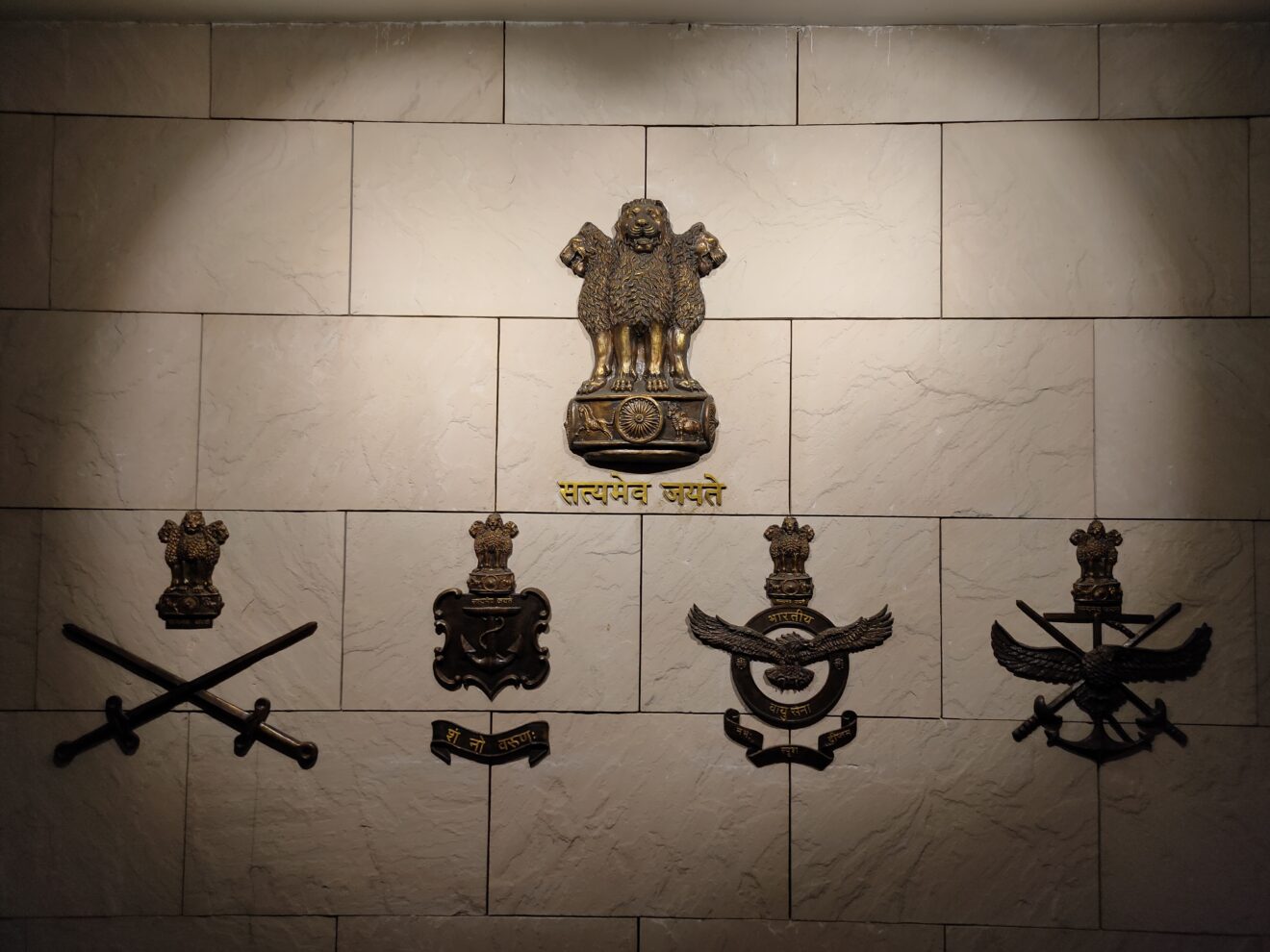



Add Comment